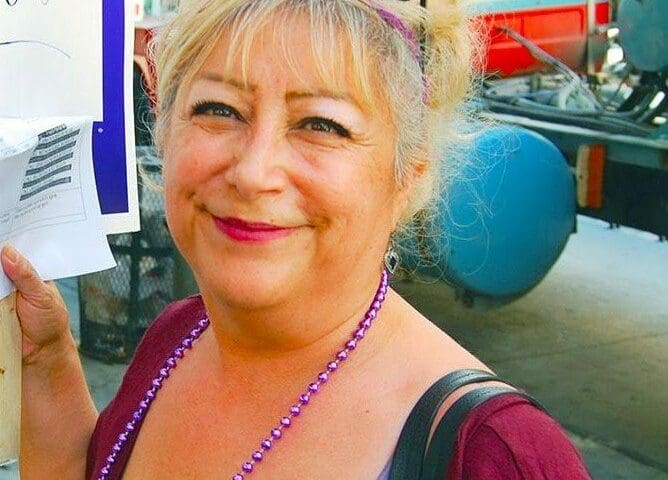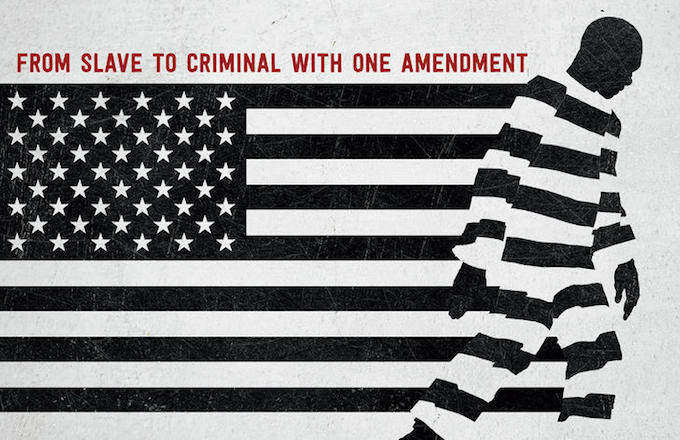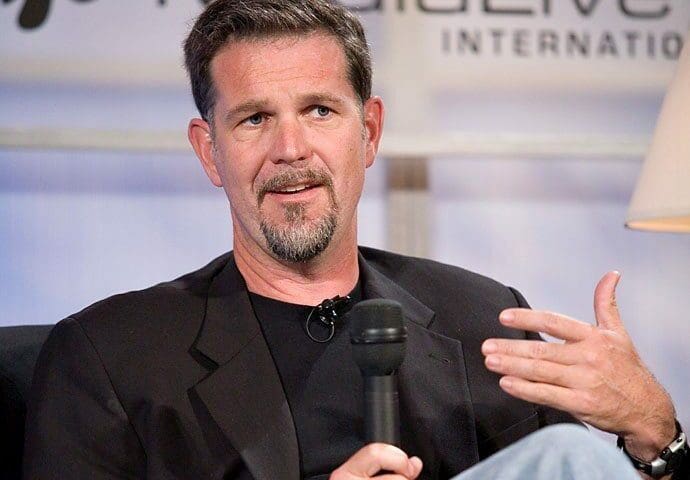

A four-month pilot program to control and confirm medical cannabis from Humboldt County began August 1, and will be extended another month through the end of the year. The program, dubbed “track and trace,” involves growers, manufacturers and dispensers in compliance with Humboldt’s Medical Marijuana Land Use Ordinance.


In early September, a year and a half after having been pepper-sprayed by a Santa Monica police officer, a man was awarded $1.1 million by a court, plus attorney fees, to be paid by the city. He was apparently singled out by police for being in a park after curfew, while other residents, who weren’t black, continued to charge their electric cars – as he recharged his car. The scars will stay with him and his family for life.


Call it the tale of two pension crises. In June, the Los Angeles Times’ business pages looked at the looming retirement savings disaster caused by the nearly 40-year transition from employer-sponsored defined-benefit pensions to individual 401(k) plans — a sea change in retirement insecurity, it noted, that “has been a failure for all but the wealthiest Americans.”


Devin Browne’s short-subject film Hotel Arizona debuted in Los Angeles October 13 at the Highland Theater in Highland Park. The 22-minute story is about a young woman who, with her mother, runs a hotel where migrants stay, and who devises a way to “Yelp” the smugglers who bring people across the border and rip them off—or worse.


After Ava DuVernay burst into the mainstream as director of the acclaimed 2014 film Selma, she did not earn an Academy Award nomination for Direction, despite the film earning a Best Picture nod. Whatever doubts anybody might have had about her skill as a director should now be put to rest after her stunning new documentary 13th, now streaming on Netflix.


Joel Warner reports on the Netflix CEO’s attempts to disrupt public education.


Sasha Abramsky: Why hopes are riding on the Build Better LA Initiative.


Depending on whom you ask, Solly Granatstein and Rick Rowley have spent their careers either causing trouble or exposing truths. As investigative journalist-filmmakers they have been on the front lines of digging up facts and battling the status quo, all to expose injustice. They’ve been pretty damn good at it too.


EPIX’s new documentary series America Divided bravely tackles America’s myriad problems that stem from systemic inequality. Created by acclaimed filmmakers Solly Granatstein, Rick Rowley and Lucian Read, and executive produced by Lear and the singers Shonda Rhimes and Common, the series reveals a tale of two Americas that coexist in a twisted parallel universe.


Did you know that one speeding ticket in Kansas could land you in jail? That’s what happened to David Jackson in 2011 after he couldn’t afford a $100 fine for speeding. Collection had been outsourced to a private contractor, and his bill quickly ballooned to $2,200 with court costs, jail fines and the contractor’s extra fees.